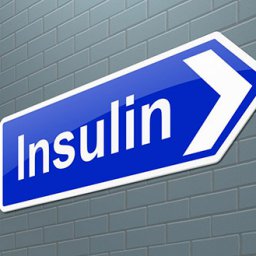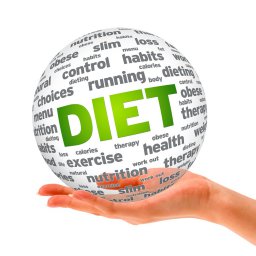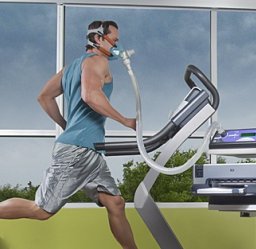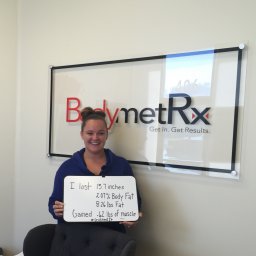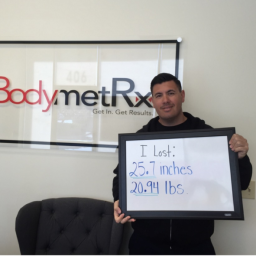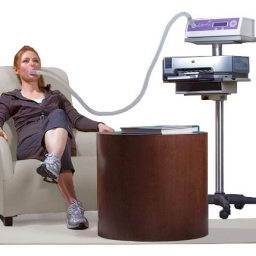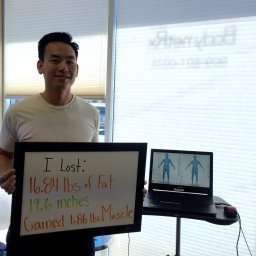America loves coffee. The combination of that aroma and caffeine jump starts many of our days. But what exactly does that first cup of coffee do to your metabolism and RMR? So for those of you that warn us to proceed with caution when you enter our office uncafinated, we decided to test out what happens when you DO NOT follow protocol.

We ran two RMR (Resting Metabolic Rate) tests on Marly. The first with no caffeine in her system, and second after she had consumed a 16oz Pike Place Roast from Starbucks Roast from Starbucks.
To test this out, Marly:
- Ran a fasted RMR test to establish a baseline
- Consumed a Starbucks grande Pike Place
- This is equivalent to 310 mg of caffeine
- Waited 45 minutes after which 99% of the ingested caffeine should have been absorbed
- Ran a second RMR test to measure the changes
Results of How Coffee Affected Marly’s RMR
1. RMR following protocol:
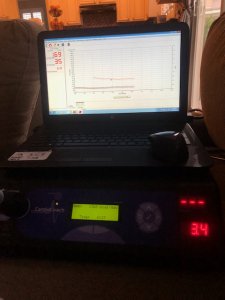
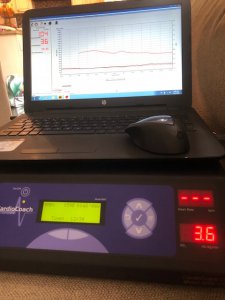
- Body mass of the individual
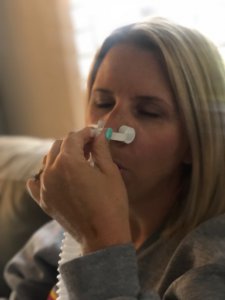 Sensitivity to caffeine
Sensitivity to caffeine- Dosage of caffeine
- Other factors
In this case, Marly is a 5’ 4” woman who drinks maybe 4 cups of coffee per week, so she was fairly sensitive to its effects. She was certainly jittery afterwards and reports that if she consumes this amount of coffee after 2pm that it will affect her sleep.
Now, there are pros and cons to drinking coffee, so we are not taking any sides, just providing our personal experiences.
Generally, this effect will last about 1-3 hours. This is why we require our clients to abstain from coffee for at least 4 hours before the RMR test. Of course, using the caffeinated RMR as a baseline for nutrition planning is not advised, as it could lead to inaccurate calorie planning, and consequently, unintended results.
If you are curious about the speed of your metabolism? Book an appointment online or schedule us to come to you– and don’t forget to skip the caffeine that morning!



